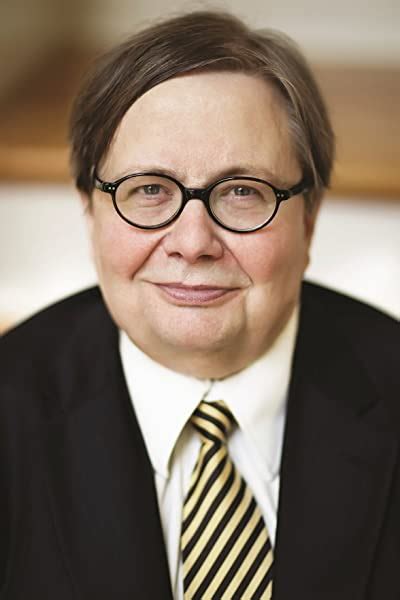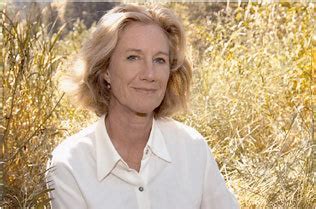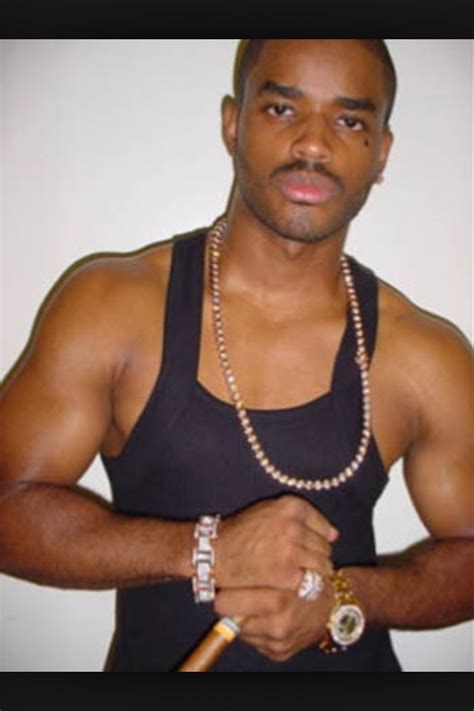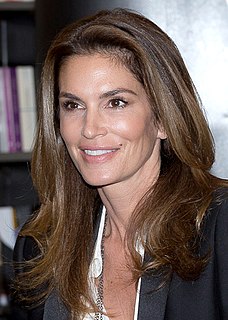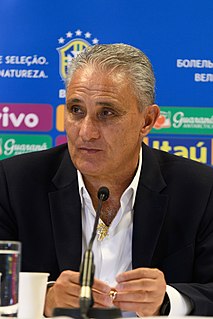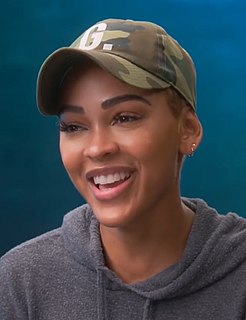A Quote by Tom Shales
Why, on my mother's birthday, am I thinking about 'Father Knows Best?' At our house, mother knew best at least as often as father did, but then the title of the old sitcom, a homogenized portrait of American family life, was meant to be slightly sardonic.
Related Quotes
My father wasn't around when I was a kid, and I used to always say, 'Why me? Why don't I have a father? Why isn't he around? Why did he leave my mother?' But as I got older I looked deeper and thought, 'I don't know what my father was going through, but if he was around all the time, would I be who I am today?'
Even when I became cognizant of this societal problem in this country, I asked my father and my mother if they knew anything that had been passed on to them, about slavery, and my father was very reticent about it. He often said, "No, I don't know anything about it, and it was bad, it was awful and it's over and we want to get on with our lives."
We attempt to remember our collective American childhood, the way it was, but what we often remember is a combination of real past, pieces reshaped by bitterness and love, and, of course, the video past--the portrayals of family life on such television programs as "Leave it to Beaver" and "Father Knows Best" and all the rest.
My family background really only consists of my mother. She was a widow. My father died quite young; he must have been thirty-one. Then there was my twin brother and my sister. We had two aunts as well, my father's sisters. But the immediate family consisted of my mother, my brother, my sister, and me.
